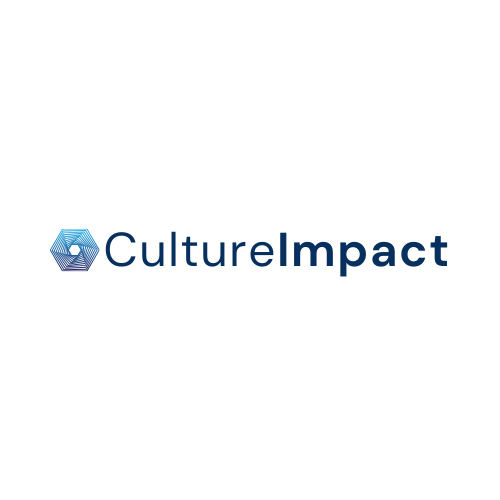The Agile Mindset: From Knower to Learner
- Apr 30, 2025
- 3 min read
Agility isn’t about speed; it’s the ability to adapt effectively to change. It means replacing rigid, fixed approaches with openness to exploration and uncertainty. Recently, we partnered with a client to deliver practical masterclasses on Agile Principles, vividly bringing real-world change to life.
True organisational agility demands a profound transformation in behaviour and thinking patterns. With our colleague Karen Foundling, we tackled common barriers to innovation, delivering clear strategies to move beyond them. This approach embeds new habits, directly impacting business performance.
Generating Ideas: Strengthen Your Creative Muscle
Creativity is a skill you can actively develop. In our sessions, we often ask participants to generate as many ideas as possible from a single image in one minute. The results highlight a critical insight: creativity is not innate intelligence but a habit cultivated through practice.
Developing an agile mindset begins with consistently expanding your creative potential. Instead of waiting for inspiration, consistently seek possibilities. More ideas mean more significant innovation and stronger, more impactful solutions.
Suspending Judgement: Give Ideas Space to Flourish
How often do you or your team prematurely dismiss potentially valuable ideas? Our inner critic frequently poses the greatest obstacle to innovation, causing us to focus on limitations rather than possibilities.
Delaying judgement gives ideas the time they need to mature. Many ideas that initially seem weak can evolve into groundbreaking solutions if given the space to grow. Nurture your ideas first and evaluate them second.
Creating a Supportive Environment: The PPCO Method
Ideas flourish best in environments that encourage exploration and growth. Replace quick criticism with the PPCO Method to establish a nurturing framework:
Pluses – What’s good about this idea? What strengths or benefits does it offer?
Potentials – What opportunities could this idea unlock? Where could it lead?
Concerns – What are the risks or challenges? (Address this only after exploring pluses and potentials.)
Overcoming Concerns – How can you mitigate the risks and strengthen the idea?
This structured approach moves conversations from limitations to possibilities, boosting creative confidence and driving smarter problem-solving.
Cultivating Learner Mindsets in Teams: The Kantor Model
Mindsets influence team dynamics as much as individual actions. The Kantor Model of Communication highlights four roles crucial for balanced conversations and decision-making:
Mover – Starts the conversation, proposes new ideas, and sets direction.
Follower – Supports and reinforces the Mover’s direction, building alignment.
Opposer – Challenges and critiques the idea to prevent blind spots.
Bystander – Observes, reflects, and offers a broader perspective.
High-performing teams intentionally balance these roles, ensuring effective decision-making and momentum. Too many Movers? You’ll get reckless decisions. Too many Opposers? You’ll get stuck in analysis paralysis. Effective teams know how to shift between roles to maintain momentum without losing perspective.
Notice which roles dominate your discussions, and consciously adjust to enhance your team's effectiveness.
Shifting from Knower to Learner
Consider your dominant mindset: are you a Knower or a Learner?
The Knower values being right. They seek certainty, lean on expertise, and resist ambiguity.
The Learner values discovery. They ask questions, stay curious, and are comfortable not having all the answers.
Embracing a Learner mindset means prioritising genuine inquiry over simply being right. It requires openness to new insights and ideas, essential to achieving true organisational agility.
Agility is fundamentally a mindset shift. Cultivate your ability to generate and nurture ideas, create supportive environments, and effectively balance your team's roles. That’s how you create a culture that’s not just resilient and sustainable.
To start embedding this learner mindset within your organisation, contact us here or discover more about our practical Masterclasses here.
Culture Impact is your expert partner, optimising key patterns of behaviour to transform your culture into a tangible asset for sustainable success.





Comments